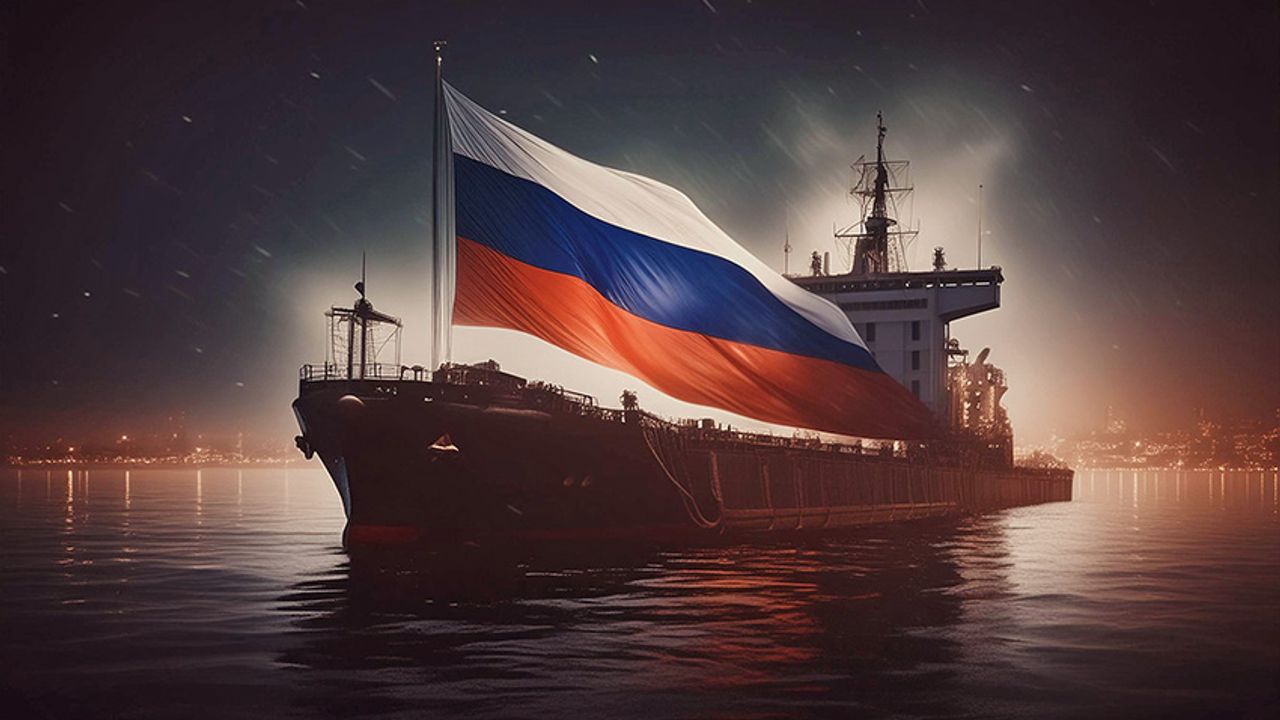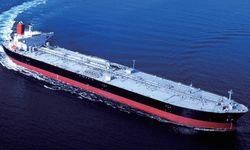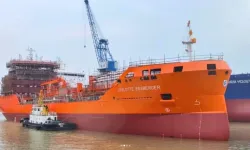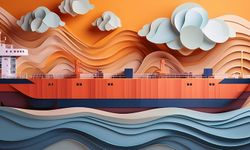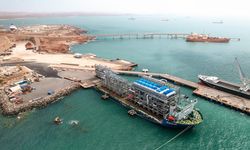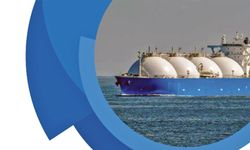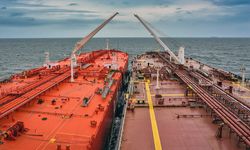The 14th package of sanctions, adopted by EU countries earlier in the day, also includes a ban on trans-shipments of Russian LNG off EU ports, which will come into effect after a nine-month transition period. Full details of these measures will be published in the EU's Official Journal.
According to a list obtained by Reuters, the new sanctions target 19 tankers, including two Russian floating gas storage units (FSUs) - the Saam and Koryak - as well as vessels operated by Russia's state-owned shipping company Sovcomflot. The Saam and Koryak, owned by Russia's leading LNG exporter Novatek, are already under U.S. sanctions and were intended for trans-shipping LNG from Novatek's new Arctic LNG 2 project. Russia, facing a shortage of ice-class LNG ships, relies heavily on trans-shipments to maintain its fleet in the Baltic Sea region.
The sanctions list also includes ships involved in transporting defense equipment for Russia and the Enisey cargo ship, which the EU claims has been used to move stolen Ukrainian grain.
Despite the sanctions, Moscow has proven more adept than Western powers anticipated at circumventing these measures, including the Group of Seven (G7) nations' price cap on Russian oil. Russian oil exporters are reportedly charging higher prices in the Indian market than at any time since the onset of the war in Ukraine, with an increasing number of shippers and intermediaries participating in the trade.
While the immediate impact of the new sanctions may be limited, they are expected to complicate Russia's ambition to expand its share of the global LNG market from the current 8% to 20% by 2030-2035.
Nicoleta Tuominen, a partner at Dentons law firm, explained the broader implications: "If you’re looking for spare parts, engineers, insurance, financing, or anything that involves contact with the EU, including countries mirroring EU sanctions, this will all become more difficult. For instance, navigation, safety, and security equipment."
Tuominen noted that while the EU does not possess the extra-territorial reach of U.S. sanctions nor the same leverage over certain flag states, the listing of tankers could still have a significant impact. "Ownership in that sector is elusive, and at least this way, you might see some impact at some point," she added.
As the EU tightens its sanctions regime, the pressure on Russia's maritime trade is set to increase, posing further challenges to its economic and strategic goals.
The following is a list of vessels to be added to the EU's official journal:
OIL
Kemerovo 9312884
Beks Aqua 9277735
Robon 9144782
Galian 2, 9331153
Ocean AMZ 9394935
Vela Rain 9331141
Hebe 9259185
Andromeda Star 9402471
Canis Power 9289520
Hana 9353113
Krasnoyarsk (NS Creation) 9312896
Kaliningrad (NS Captain) 9341067
Krymsk 9270529
SCF Amur 9333436
NS Spirit 9318553
NS Lotus 9339337
NS Stream 9318541
LNG-related
Saam FSU 9915090
Koryak FSU 9915105
Audax 9763837
Pugnax 9763849
Hunter Star 9830769
Grains
Enisey 9079169
Defence
M/V Angara 9179842
M/V Maria 8517839
Lady R, 9161003
Maia-1, 9358010
